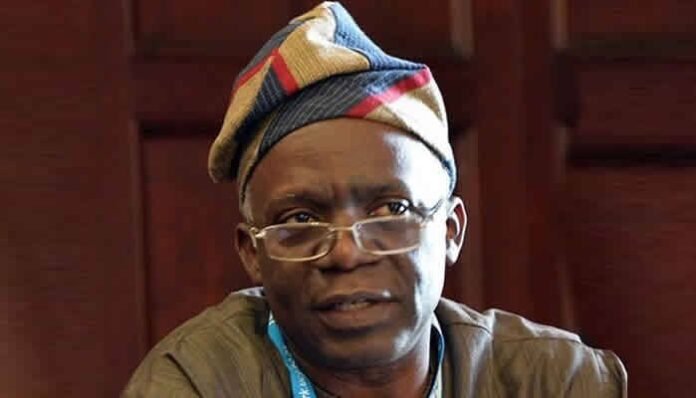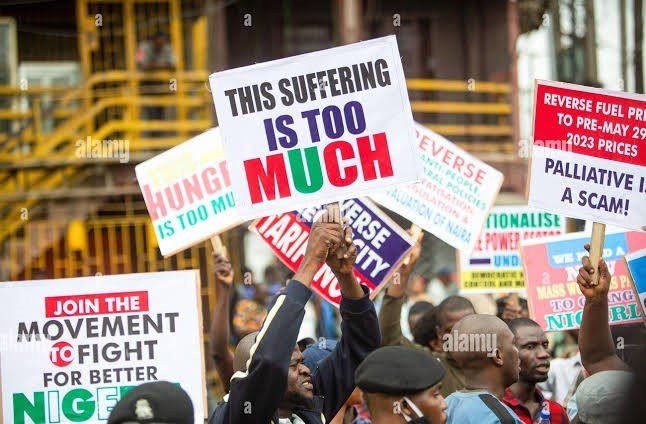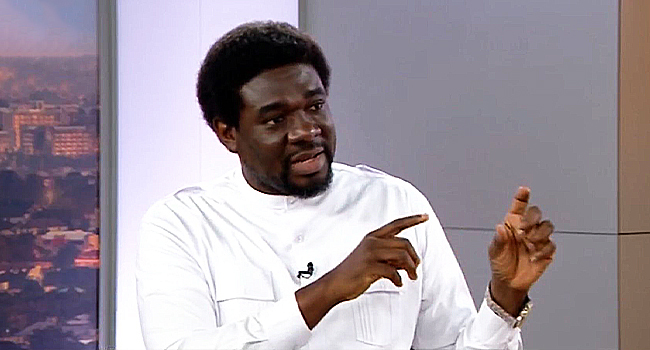President Bola Tinubu has received another knock for his lopsided appointments since coming into office, this time from human rights and constitutional lawyer, Chief Femi Falana.
Falana – a Senior Advocate of Nigeria, took exception to the appointment of Ola Olukoyede as Chairman of the Economic and Financial Crimes Commission (EFCC), shortly after the appointment of Prof Bolaji Owasanoye as Chairman of the Independent Corrupt Practices and Other Related Offences Commission, ICPC.
Both are Nigeria’s anti-graft institutions.
Falana says the appointment of both men from the South-West geopolitical zone of Nigeria negates Nigeria’s constitutional Federal Character Principle.
He was speaking during an interview on a popular Channels Television’s Sunrise Daily show on Monday morning.
According to Falana, the requirements of the law are clear: “If you are going to have the EFCC and the ICPC, the heads cannot come from the same zone. If there are two positions in the public service, one must go to the North, and one must go to the South. If there are four, two must go to the South, and two must go to the North. If there are six, one must go to each geopolitical zone. That is the law in Nigeria today.”
“So, I am not comfortable with the fact that the heads of the EFCC and the ICPC are from the same zone”, saying however, besides the lopsided nature of the appointment “Mr Ola Olukoyede is eminently qualified to head the EFCC”.
Mr Falana is not the first to raise eyebrows regarding the increasing concentration of appointments from the president’s ethnic Yoruba group in the country.
Prof Isiaq Akintola of The Muslim Rights Concern (MURIC) raised similar concerns in September saying his organization was “shocked to our marrows” by the president’s one-sided appointments and warned the government to “be wary of allegations of nepotism which the previous regime was accused of in vast country with talented men and women in all nooks and crannies”.
Nigeria is a complex matrix of tribes, believed to have about 350 distinct ethnic groups.
The constitution divides the country into six zones and requires a balance of appointments among the zones.
Do you like this story? Please Like 👍, Comment, Share & Follow us on our social media handles.







